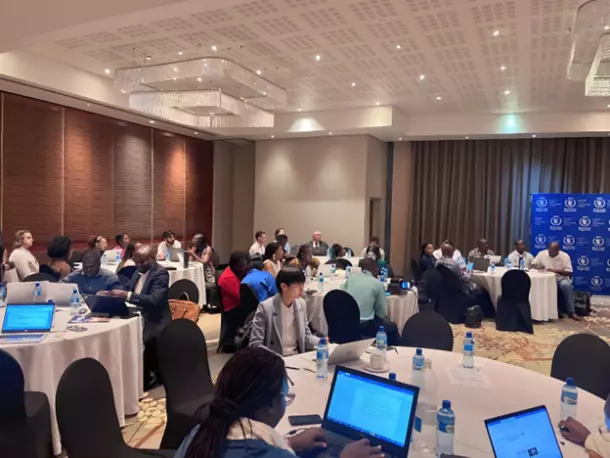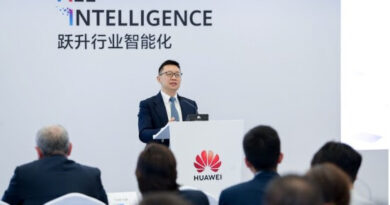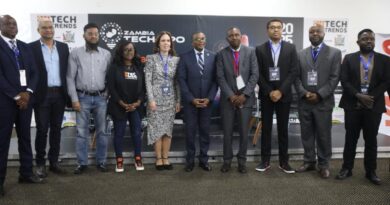Namibia Advances Climate Resilience with New Early Warning System Project
Namibia, in collaboration with UNESCO, UNDP, WFP, and other partners, marks the launch of the Green Climate Fund (GCF) Project proposal on “Strengthening Climate Information and Early Warning Systems for Enhanced Adaptation Planning and Resilience.”
The initiative addresses critical gaps in climate information, skilled personnel, and climate risk management programs.
The inception workshop, inaugurated on October 31st, 2023, in Windhoek, aims to bolster the country’s adaptation planning, amplify climate resilience, and establish reliable climate information systems.
With a focus on stakeholder engagement, the workshop seeks to align project proposals with Namibia’s needs and priorities, fostering successful resource mobilization.
Key discussions at the workshop revolved around priorities such as forecasting, climate service dissemination, early warning systems, and disaster risk reduction coordination.
Mr. Petrus Muteyauli, Deputy Director in the Multilateral Environmental Conventions at the Ministry of Environment, Forestry and Tourism (MEFT), emphasized the significance of climate action in achieving Namibia’s goal of climate resilience by 2030.
Addressing the workshop, Mr. Paulus Ashili, Deputy Director for Policy Analysis and Coordination in the Directorate of Disaster Risk Management at the Office of the Prime Minister (OPM), stressed the urgency of preparing for severe climatic hazards predicted by climate change models.
He highlighted the importance of robust early warning systems to provide communities with real-time information.
Ms. Uazamo Kaura, Programme Specialist at the UNDP Country Office, presented insights into the SANIED Project preparations, emphasizing the priorities of an Integrated National Early Warning and Disaster Risk Reduction for strengthened resilience.
The workshop included presentations on the SANIED draft Inception Report and group discussions to identify key stakeholders and priority areas.
Ms. Siying Tan, Junior Professional Officer at UNESCO Headquarters, presented the SANIED Roadmap, outlining the proposed field mission and plan of work. The next steps involve organizing meetings in various regions to gather input from diverse stakeholders, ensuring a comprehensive and inclusive process.
Source: UNESCO



